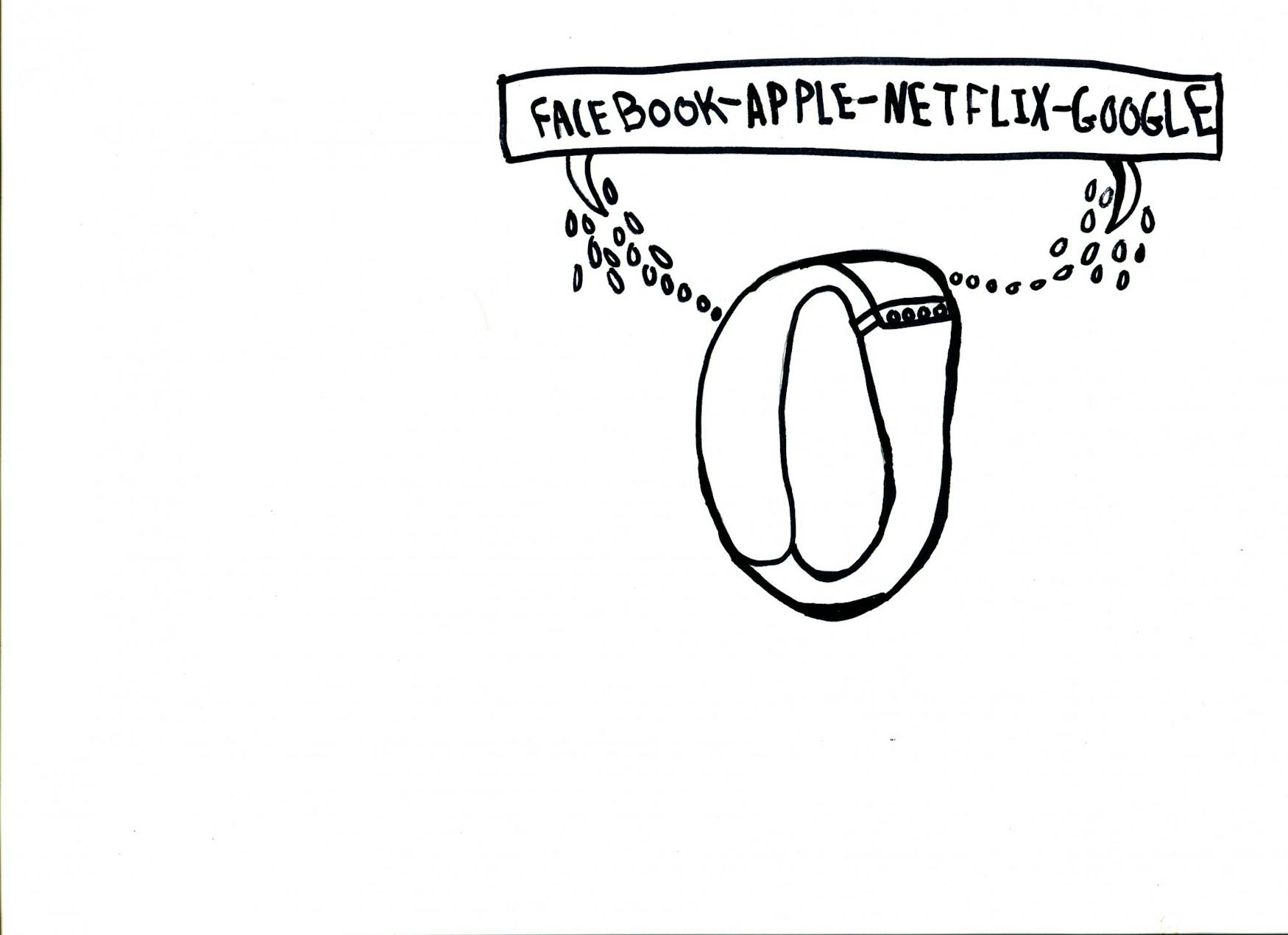Be wary of Google’s recent acquisitions in health and fitness
I suddenly feel like I’m being followed, and not just online. I just read that Google bought Fitbit, the company that pioneered the wearables industry and makes devices that monitor fitness and health. My first thought was to ditch my Fitbit and buy an Apple Watch. But I have limited financial resources and even more limited space available on my left arm for a smartwatch to sit next to my analog watch. I am concerned about two main things: First, how will Google use my data and second, how does this latest acquisition affect the consolidation of companies, especially under the FANG (Facebook Apple Netflix Google) umbrella?
It’s not like I couldn’t go out and get a Garmin, Xiaomi or a Samsung. I’m just not in the mood to drop a couple of Benjamins yet again on an activity tracker. And I’m still worried about my data. Google claims it will allow me to review, move or delete my data. They also claim that they will not sell my personal information, and that the Fitbit health and activity data will not be used for Google ads. If it’s not used for Google ads, then what will it be used for? Previously, Fitbit had said that they didn’t sell my data, that it belonged to me and that I could even download it and analyze it. Now, Google can analyze it too. This worries me for a few reasons.
I want to know why Google is buying Fitbit. In the past few years, Google has been on a bit of a buying spree, especially in the hardware industry. In 2018 they purchased HTC, the makers of the Pixel smartphone. Earlier this year, they purchased the smartwatch intellectual property of the Fossil Group. This gave them access to the brands that Fossil was making like Diesel, Kate Spade, Michael Kors and many others. The design array of the latest smartwatches is impressive. The brands combine their aesthetics and brand loyalists with the Android Wear operating system’s connectivity. Before Fitbit was gobbled up by Google, Fitbit had purchased Pebble, mostly for the software as well as for a few engineers. Pebble was another innovator in the wearables market, making a smartwatch that could connect to both iOS and Android devices. Until its acquisition by Google, Fitbit was one of the few companies left in the fitness wearables market.
If they’re not doing this to be in the wearables category, which is always a future possibility, then they must be doing it to merge their hardware and software in the smartwatch category so they can compete head to head with Apple. In a sense, it’s a win for a Google that was missing a brand name as well as a user community in their wearables segment, and it’s a win for Fitbit in that their sales have been sluggish, and a cash infusion from Google/Alphabet will help them stay competitive.
The problem is in what comes next. Google wants to do more wearables. Fitbit wants to “make health even more accessible to everyone.” It feels to me more like Google wants Fitbit’s data and user community. Eventually, the Fitbit platform would be melded with the Wear OS one, and repackaged as the latest Pixel. This would be a stronger competitor to the Apple Watch and its surrounding ecosystem.
Still, I am troubled by the health care aspects of turning my step, sleep and heart rate data over to Google. Before the acquisition was announced, Fitbit had approached the FDA for clearance on heart rate and sleep data. Google’s parent company, Alphabet, owns a few companies focused around medical research, Calico and Verily. Calico’s stated goal is extending human life. Verily tracks data through some of its own wearables. And it is true that the Apple Watch has partnered with health insurer Aetna to track and reward a user’s personal health goals. This particular program, called Attain, allows a member to “get” a “free” watch by completing certain health goals within a specified timeframe. If you already have an Apple Watch, your points can be credited towards gift cards. The Attain app also reminds the user of doctor’s visits, prescription refills and even vaccinations. The problem is that this app gives the user recommendations based upon age, weight and gender. That’s a lot of personal information to give out, especially in combination with other data the health insurer might have access to, even if this program is offered directly to the member. And the health insurer could also communicate with the employer. Health data combined with geolocation data could unmask user identities. This would be in violation of HIPAA compliance requirements. None of this prevents cyber criminals from hacking into Fitbit or other user accounts and accessing a lot of personal data.
I’m not sure that I trust Google with my information any more than I trust any other big tech company. To me, Fitbit was more of a real company, one that made a real product. Fitbit wearers were and are a real community. I have fitness friends on Fitbit with whom I compete in daily challenges. Some of them I have never met in real life, but being in the challenge, and sometimes winning, is still exhilarating. I’m concerned that the Google buyout will destroy the culture and community that Fitbit has built up over the past several years.
It’s true that I am more a member of the Apple ecosystem than the Android ecosystem. Similarly, I am a member of the Mac ecosystem and not a member of the PC ecosystem. Still, I am always rooting for the little guy, for the David that stands up to the Goliath, that succeeds despite the odds. Is it too much to ask that my favorite companies not get gobbled up by Apple/Facebook/Amazon/Google/IBM/Microsoft/SAP?




Please note All comments are eligible for publication in The Justice.